I say: “We offer sessions that help people and organisations deal better with conflict.”
They say: “We don’t really have conflict. We have a few teams that fight but no
ongoing conflict.”
“I’m concerned that if we run a conflict workshop it will be like opening a can of
worms.”
“We have serious problems and people are shouting at each other across their
desks but can we rather call it a “Communication” session?”
Most people are not comfortable with conflict, even fewer people like conflict and
generally we don’t have anything positive to say about the tiny minority of people
who thrive on conflict.
The word “conflict” is loaded with deep seated emotional connotations and
responses. In our line of work it helps to understand the reasons for our client’s
aversion to the word “conflict”, before we can help parties engage in effective
communication and conflict resolution.
1. Psychological Discomfort
Negative Connotations: The word “conflict” is often associated with discord, tension,
and confrontation, triggering negative emotions such as anxiety, fear, and stress. As
a result, people tend to avoid situations or discussions that may lead to conflict,
preferring harmony and peace instead.
Avoidance of Discomfort: Individuals may have a natural inclination to avoid anything
that causes discomfort or distress. The prospect of conflict may invoke a sense of
unease, prompting people to shy away from engaging in potentially contentious
conversations or situations.
2. Cultural and Social Influences
Stigma Surrounding Conflict: In certain cultures, conflict is often stigmatised as a
sign of failure or incompetence in interpersonal relationships. This stigma creates a
reluctance to address or acknowledge conflict, further reinforcing the aversion to the
word.
Social Conditioning: Many societies emphasise the value of harmony and consensus
while frowning upon discord or disagreement. This societal conditioning leads
individuals to perceive conflict as undesirable or disruptive, thus fostering an
aversion to the word itself.
3. Communication Challenges
Communication Breakdown: People may fear that addressing conflict could lead to a
breakdown in communication or relationships. This apprehension often arises from a
lack of effective conflict resolution skills or a fear of escalating tensions, perpetuating
the aversion to acknowledging or addressing conflict.
Misconceptions About Conflict: Misunderstandings about the nature of conflict, such
as viewing it solely as a destructive force rather than a catalyst for growth and
understanding, contribute to the aversion to the word and the avoidance of
addressing underlying issues.
Whatever the reason, the word “conflict” is loaded with deep seated emotional
connotations and responses. Generally people don’t seem to have the same
response to the synonyms for conflict. “Fighting, dispute, confrontation, battle,
friction, quarrel, disagreement, clash”. It seems any of these words are fine to use
because they evoke completely different feelings.
By acknowledging and addressing these underlying factors, a mediator can help
groups or individuals to get a better understanding of why they dislike the word
conflict and either become less triggered by it, or agree on a different word or
terminology to use during the process.
Conflict by any other name, remains conflict, but if we feel more comfortable with the
name we give a process or interaction, it is so much easier to be open and available
to whatever unfolds.
Noëlle Haitsma



